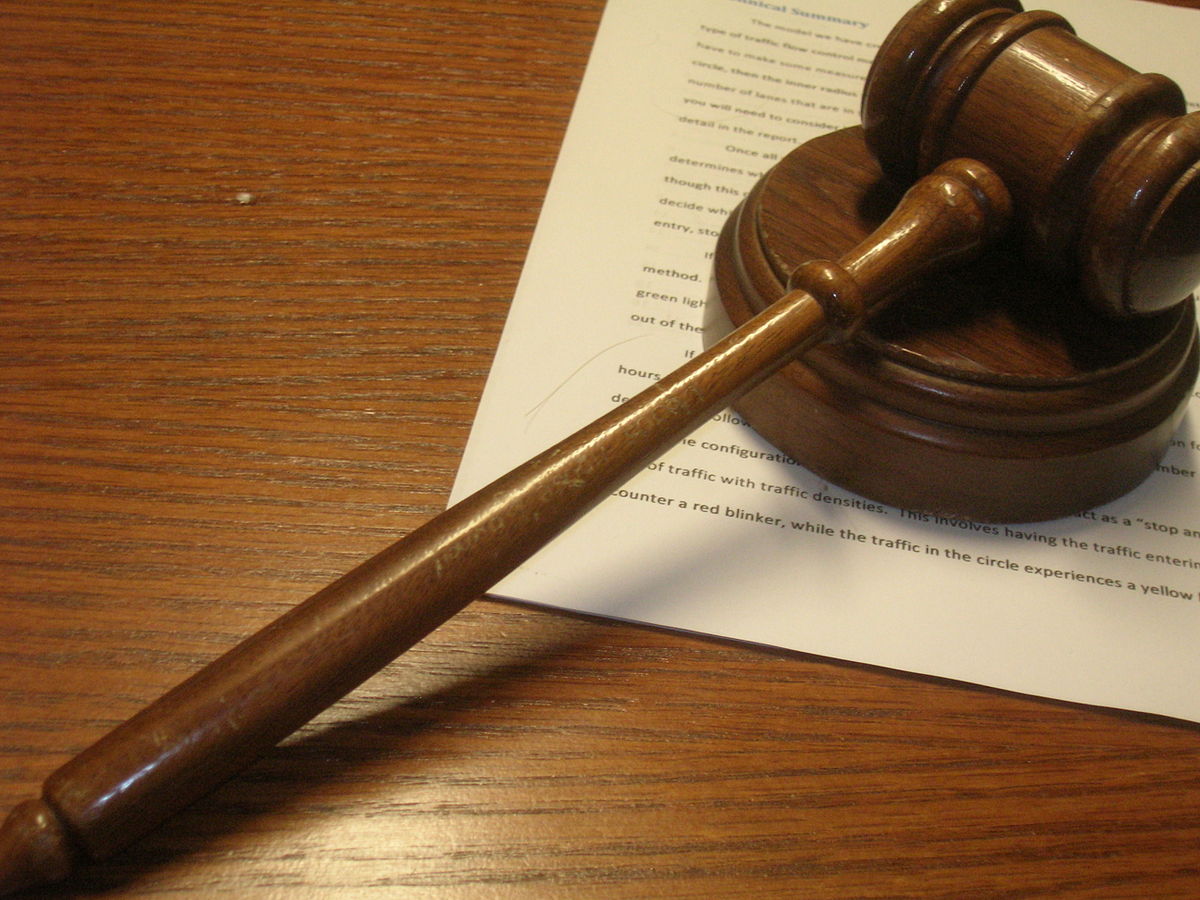“The defendants charged about $10 for each chip, $10 for the chip that killed Harris, $10 for his life,” attorney Douglas Sheff said. “Isn’t it clear that these defendants knew full well that this chip was unreasonably dangerous? And isn’t this an obvious marketing campaign designed to attract kids to that very danger?”
A Massachusetts family has filed a lawsuit against Hershey, Walgreens, and several other defendants after a teenager died participating in a tortilla-chip-eating contest.
According to National Public Radio, 10th-grader Harris Wolobah died early last September after eating a Paqui chip as part of the manufacturer’s “One Chip Challenge.” An autopsy established that Wolobah had a “large quantity” of chili pepper extract in his body, as well as an undiagnosed congenital heart defect.
Wolobah’s cause of death, the Office of the Chief Medical Examiner said, was cardiopulmonary arrest “in the setting of recent ingestion of food substance with high capsaicin concentration.”
“Today, we filed a wrongful death lawsuit on behalf of this wonderful family for the loss of their beloved son, Harris,” said attorney Douglas Sheff.
“[The Wolobah family] struggles with this horrible situation every day of their lives,” he said. “They believe that, by filing this lawsuit, they’re going to ensure this doesn’t happen to other kids and other families.”
Sheff said that his clients are seeking a jury trial, unspecified compensatory damages, and punitive damages.

The complaint suggests that the defendants—including Hershey, the maker of Paqui chips—created “a perfect storm” culminating in Wolobah’s death, with factors including the production of an unusually spicy tortilla chip that was marketed through viral “challenges.”
“The defendants charged about $10 for each chip, $10 for the chip that killed Harris, $10 for his life,” Sheff said. “Isn’t it clear that these defendants knew full well that this chip was unreasonably dangerous? And isn’t this an obvious marketing campaign designed to attract kids to that very danger?”
N.P.R. notes that the autopsy showed that Wolobah had a cardiomegaly, or an enlarged heart.
However, Sheff says that Wolobah’s heart-related problems are unrelated to his death.
“The chip is what killed him,” Sheff said.
NBC-10 Boston reports that Paqui pulled its product from store shelves shortly after Wolobah’s death. It has since been re-released, but with packaging that states the product is for “adults only.”
“We were and remain deeply saddened by the death of Harris Wolobah and extend our condolences to his family and friends. Paqui’s One Chip Challenge was intended for adults only, with clear and prominent labeling highlighting that the product was not for children or anyone sensitive to spicy foods or with underlying health conditions,” Hershey said in a statement. “We saw increased reports of teens and other individuals not heeding these warnings. As a result, while the product adhered to food safety standards, out of an abundance of caution, we worked with retailers to voluntarily remove the product from shelves in September 2023, and the One Chip Challenge has been discontinued.”
Sources
After Mass. teen’s One Chip Challenge death, family sues: ‘Perfect storm of danger’
Family files lawsuit in case of teen who died after eating spicy chip
Viral ‘One Chip Challenge’ phenomenon sparks lawsuit after teen’s tragic death


Join the conversation!